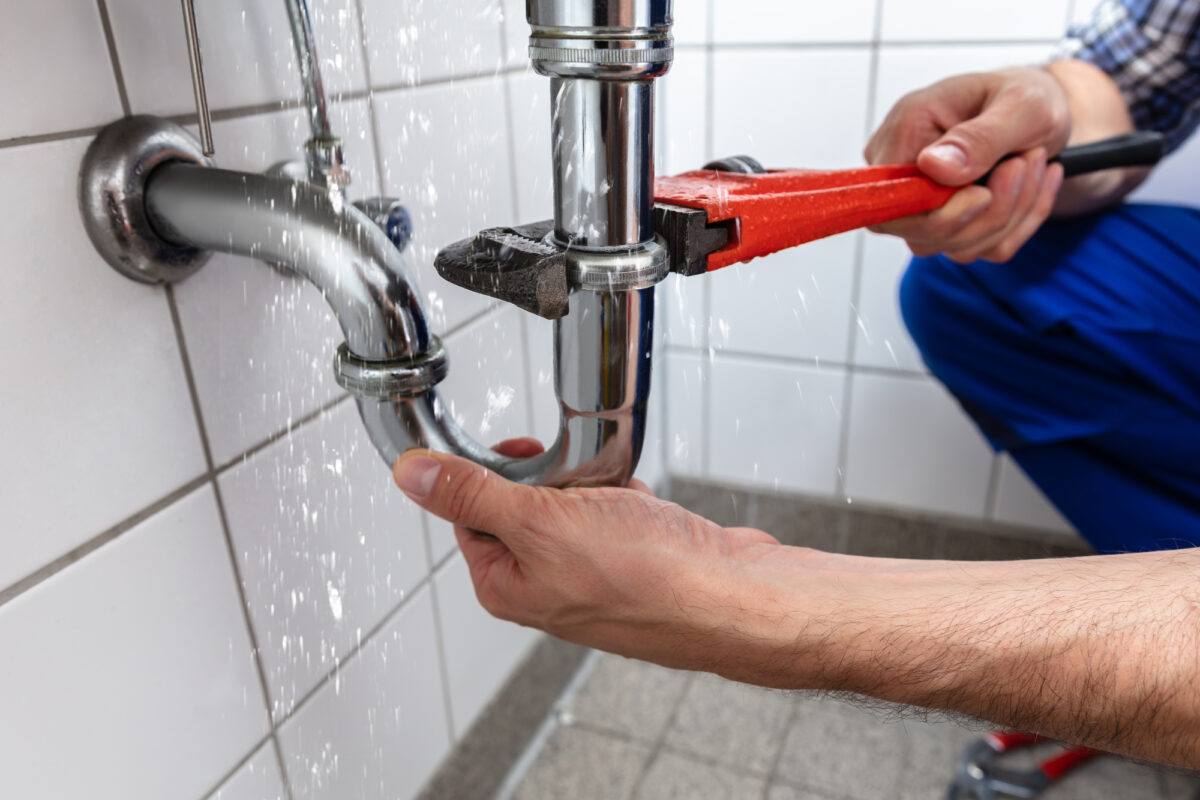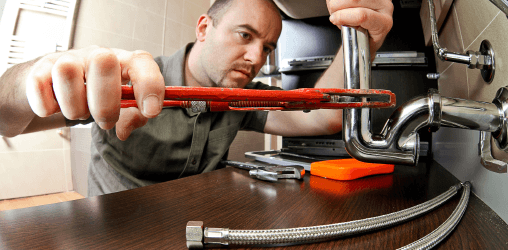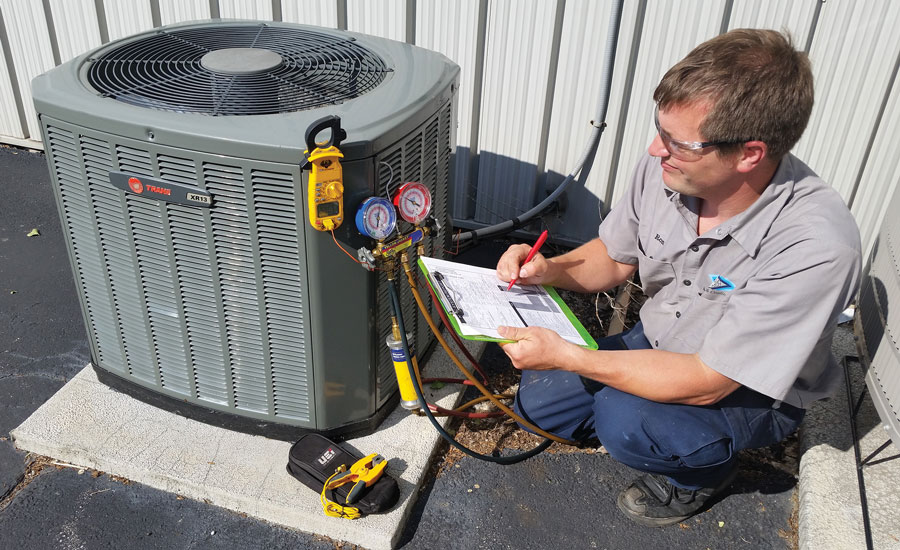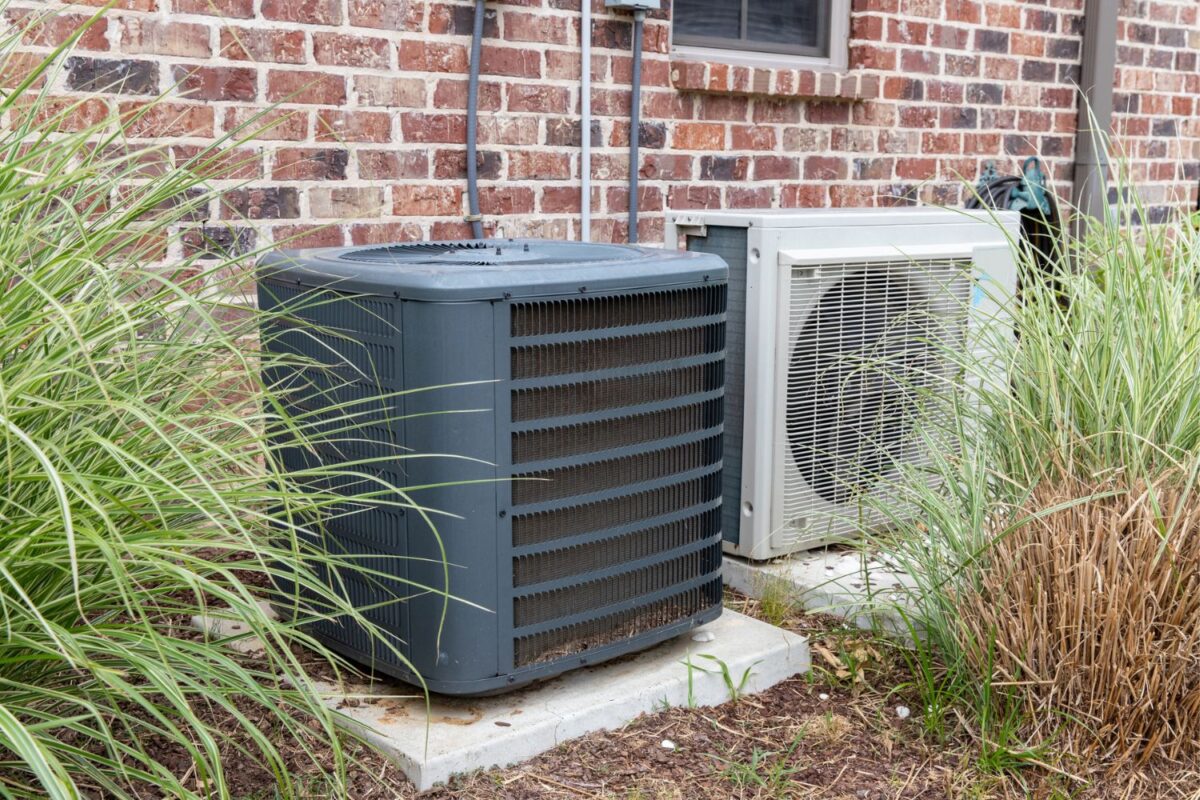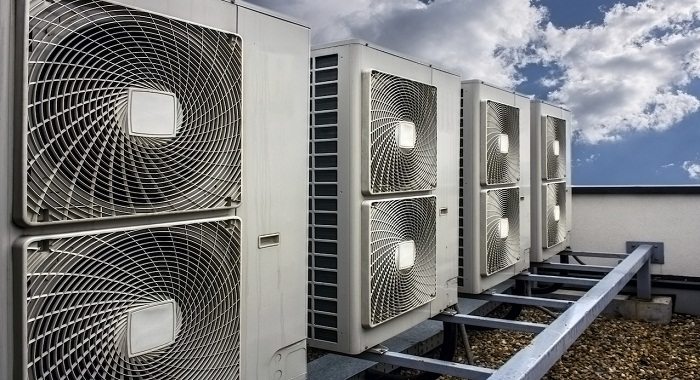It’s no secret that HVAC repairs can be expensive. In fact, the average cost of an HVAC repair is $320, with the most expensive repairs costing upwards of $1,000. But, there are ways to avoid these costly repairs. By taking proper care of your HVAC system and performing regular maintenance, you can prevent many expensive repairs. Here are some HVAC maintenance tips to help you avoid those costly repairs.
1. Schedule Regular Maintenance One of the best ways to avoid expensive HVAC repairs is to schedule regular maintenance. Just like your car, your HVAC system needs regular tune-ups to keep it running efficiently. When you schedule regular maintenance, a qualified technician will inspect your system and perform any necessary repairs or adjustments. This can help prevent major problems down the road.
2. Change Your Filters One of the simplest things you can do to maintain your HVAC system is to change your filters regularly. Clogged or dirty filters can restrict air flow and cause your system to work harder, which can lead to expensive repairs. For optimal performance, check your filters monthly and change them when they’re dirty.
3. Keep Your Vents Clear Another simple way to avoid expensive HVAC repairs is to keep your vents clear. When your vents are blocked, it can restrict air flow and put stress on your system. To keep your vents clear, vacuum them out regularly and make sure there’s nothing blocking them.
4. Monitor Your Energy Usage If you notice your energy bills going up, it could be an indication that your HVAC system isn’t running as efficiently as it should. By monitoring your energy usage, you can keep an eye out for any spikes that could indicate a problem. If you do notice an increase in your energy usage, it’s important to have your HVAC system checked out by a qualified technician.
5. Know When to Call a Professional Even if you take good care of your HVAC system, there may come a time when you need to call a professional for repairs. If you notice your system isn’t working properly or you hear strange noises, it’s important to call a qualified technician for an inspection. Trying to fix the problem yourself could make it worse and end up costing you more in repairs. By following these tips, you can avoid many expensive HVAC repairs. Of course, even if you take good care of your system, there’s still a chance you’ll need to call a professional for repairs at some point. But, by scheduling regular maintenance and monitoring your system, you can keep your HVAC system running smoothly for many years.
Top 10 HVAC Maintenance Tips To Prevent Expensive Repairs
It’s no secret that HVAC systems are not cheap, and when they break down, it can be a real burden on your wallet. That’s why it’s so important to do everything you can to maintain your system and prevent costly repairs. Here are 10 tips to help you keep your HVAC system in top shape:
1. Change your air filter regularly. This is one of the most important things you can do to maintain your HVAC system. A dirty air filter will restrict airflow and make your system work harder, which can lead to premature failure.
2. Keep your vents and registers clean. Dust and debris can build up on these components, restricting airflow and making your system less efficient.
3. Vacuum your coils regularly. Your HVAC system’s coils are responsible for transferring heat, so it’s important to keep them clean. Otherwise, they can become clogged and overheat, leading to damage.
4. Keep your outdoor unit clean. Your outdoor unit is exposed to the elements, so it can get dirty quickly. If you don’t clean it regularly, it will have to work harder to cool your home, which can lead to premature failure.
5. Inspect your ductwork regularly. Leaks in your ductwork can cause your system to lose energy, which will increase your utility bills.
6. Have your HVAC system serviced regularly. A professional can clean and inspect your system to ensure it’s running properly. This can help prevent expensive repairs down the line.
7. Invest in a programmable thermostat. A programmable thermostat can help you save energy by automatically adjusting the temperature when you’re not home. 8. Educate yourself on proper HVAC maintenance. The more you know about your system, the better equipped you’ll be to take care of it.
9. Address problems early. If you notice something wrong with your HVAC system, don’t wait to address it. The sooner you take care of the problem, the less expensive it will be to repair.
10.Regularly check for recalls. HVAC manufacturers sometimes issue recalls for certain models. If your system is affected, you may be able to get a free repair or replacement. By following these tips, you can help prolong the life of your HVAC system and avoid expensive repairs.
How to Maintain Your HVAC and Save Money
HVAC systems are one of the most important components in a home, and they can be expensive to maintain. However, there are some simple steps that homeowners can take to keep their HVAC systems running smoothly and efficiently, which will save money in the long run. One of the most important things to do is to change the air filter regularly. A dirty air filter can cause the system to work harder, which uses more energy and can lead to higher utility bills. Homeowners should check their air filters monthly and change them as needed. Another way to save money on HVAC maintenance is to have the system serviced annually by a professional. This will ensure that the system is running at peak efficiency and can help to prevent any major repairs that may be needed. Finally, homeowners should make sure that their ductwork is clean and free of any debris. Clogged ductwork can cause the system to work harder and can also lead to unhealthy air quality in the home. Homeowners can clean their own ductwork or hire a professional to do it for them.
10 Tips to Keep Your HVAC in Tip-Top Shape
1. Keep your HVAC system clean – This is one of the most important things you can do to keep your HVAC system in tip-top shape. A clean system is a efficient system, and an efficient system will save you money on your energy bills. Be sure to replace your filters regularly, and clean any dirt and debris that may have accumulated on your coils and other components.
2. Keep your ductwork clean – Another important aspect of keeping your HVAC system clean is to make sure your ductwork is clean. Your ductwork is responsible for delivering heated and cooled air to your home, so if it’s full of dirt and dust, your system will have to work harder to do its job. This puts stress on your system and can lead to premature breakdowns. To avoid this, have your ductwork cleaned regularly by a professional.
3. Keep your thermostat set properly – You can save a lot of money on your energy bills by simply setting your thermostat properly. In the winter, set your thermostat to 68 degrees Fahrenheit when you’re home and awake, and lower it to 55 degrees when you’re asleep or away. In the summer, set your thermostat to 78 degrees when you’re home and awake, and raise it to 85 degrees when you’re away.
4. Schedule annual maintenance – One of the best things you can do to keep your HVAC system running smoothly is to schedule annual maintenance with a qualified professional. During a maintenance visit, your technician will inspect your system and perform any necessary tune-ups or repairs. This is vital to keeping your system running efficiently and can help prevent costly breakdowns.
5. Stay on top of repairs – If you do experience a problem with your HVAC system, it’s important to get it fixed as soon as possible. Ignoring a problem will only make it worse, and it could eventually lead to a complete breakdown. As soon as you notice a problem, call a qualified technician to come take a look.
6. Invest in upgrades – If your HVAC system is more than a few years old, you may want to consider investing in some upgrades. Newer, more energy-efficient systems can save you a lot of money on your energy bills. And, if you live in an area with extreme temperatures, upgrading to a system that can better handle those conditions can prolong its lifespan.
7. Use a programmable thermostat – Programmable thermostats are a great way to save money on your energy bills. You can set them to automatically adjust the temperature based on whether you’re home or away, and you can also set them to turn off or on at specific times. This allows you to keep your home at a comfortable temperature without having to worry about it, and it can save you money on your energy bills.
8. Seal your windows and doors – One of the biggest sources of energy loss in homes is through leaky windows and doors. By sealing these gaps, you can keep the air inside your home from escaping, which will help your HVAC system run more efficiently. You can seal these gaps yourself with weather-stripping or caulk, or you can hire a professional to do it for you.
9. Insulate your home – Another way to reduce energy loss is to add insulation to your home. This will help keep the air inside your home from escaping, and it will also keep the outside air from coming in. There are a variety of insulation materials available, so you can choose the one that best suits your needs.
10. Use fans – Using fans is a great way to supplement your HVAC system and keep your home comfortable. Ceiling fans can help circulate the air in your home and keep it from getting too stuffy. And, using a fan in conjunction with your air conditioner can help you save money on your energy bills.
10 Maintenance Tips to Keep Your HVAC System Running Efficiently
If your HVAC system is running inefficiently, it could be costing you money in higher energy bills. Regular maintenance is the key to keeping your system running smoothly and efficiently. Here are 10 maintenance tips to keep your HVAC system running efficiently:
1. Change the air filter regularly. A dirty air filter can restrict air flow and cause your system to work harder to circulate the air.
2. Keep the area around your outdoor unit free of debris. Grass, leaves, and other debris can block the airflow and cause your system to overwork itself.
3. Inspect and clean your ductwork regularly. Leaky or dirty ductwork can also cause your system to work harder than it needs to.
4. Schedule annual preventive maintenance. This will ensure that your system is tuned up and running at peak efficiency.
5. Invest in a programmable thermostat. This can help you save money by automatically adjusting the temperature when you’re not home. 6. Keep your windows and doors closed. Drafty windows and doors can let in outside air, making your system work harder to maintain the desired temperature.
7. Use ceiling fans to circulate the air. Ceiling fans can help evenly distribute the air in your home, making it feel more comfortable without raising the temperature.
8. Insulate your home. Proper insulation can help keep the heat in during the winter and the cool air in during the summer.
9. Seal any cracks or gaps around your home. These small openings can let in outside air, making your system work harder to maintain the desired temperature.
10. Choose an energy-efficient HVAC system. When it’s time for a new system, make sure to choose an ENERGY STAR® certified model to ensure maximum efficiency. Following these tips can help you keep your HVAC system running efficiently, saving you money on your energy bills.
How to Maintain Your HVAC Unit
If you have an HVAC unit, you know that it is important to maintain it. Here are some tips on how to maintain your HVAC unit:
1. Check the air filter monthly and replace it when it is dirty.
2. Have the HVAC unit serviced by a professional every year.
3. Clean the coils and fins on the unit regularly.
4. Keep the area around the unit clean and free of debris.
5. These are just a few of the things that you can do to maintain your HVAC unit. By following these tips, you can help ensure that your unit will last for many years.
21 Easy Ways to Maintain Your HVAC System
1. Check and clean your filters regularly
2. Get an annual tune-up
3. Keep your vents and registers unobstructed
4. Don’t close vents in unused rooms
5. Seal your ductwork
6. Invest in a programmable thermostat
7. Educate yourself and your family about proper HVAC use
8. Avoid opening windows when the AC is on
9. Use ceiling fans to supplement your AC
10. Take advantage of natural ventilation and sunlight
11. Insulate your home
12. Caulk any cracks or openings around your doors and windows
13. Address any water leaks immediately
14. Keep your landscaping trimmed
15. Inspect and clean your outdoor unit
16. Install a whole-house filter
17. Get regular professional HVAC maintenance
18. Check your attic insulation
19. Lower your humidity
20. Reduce dust in your home
21. Consider a ductless mini-split system

